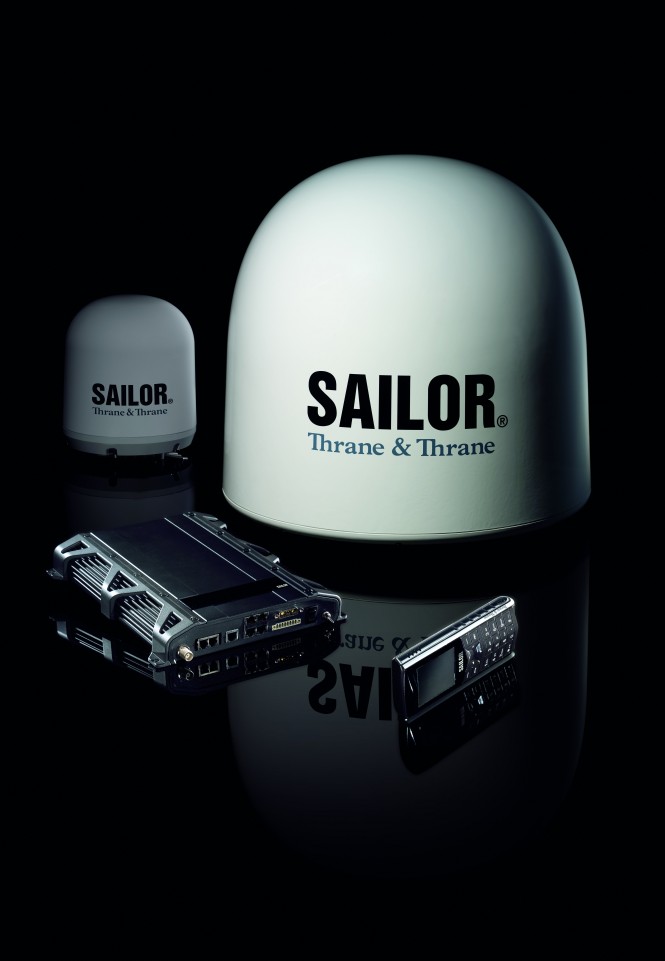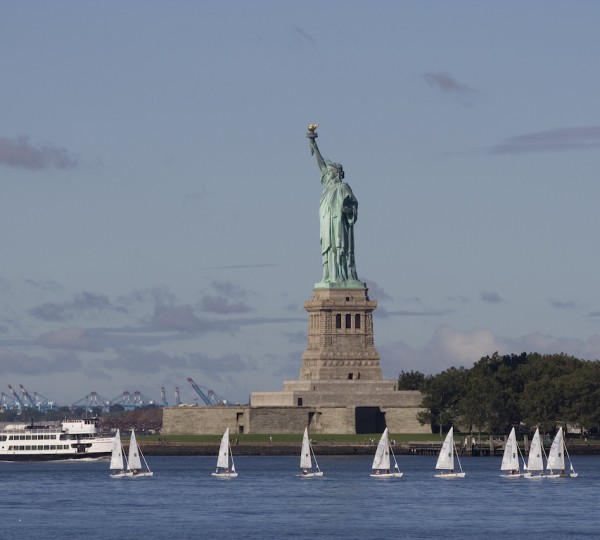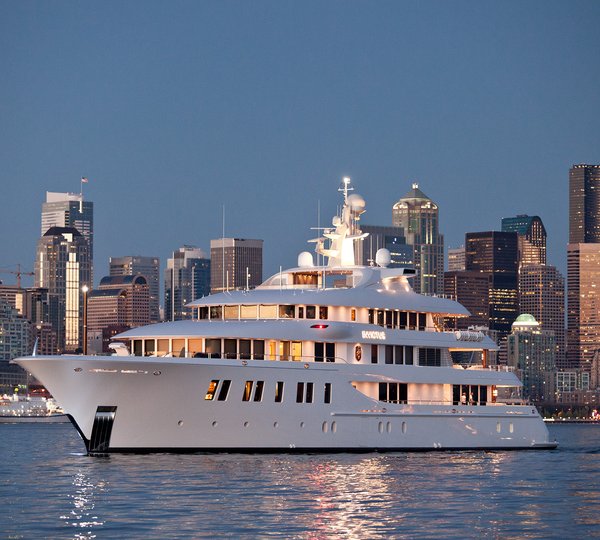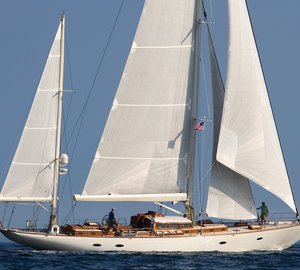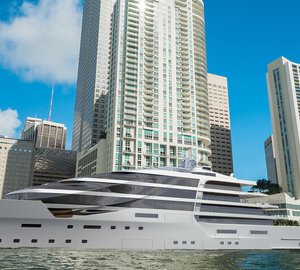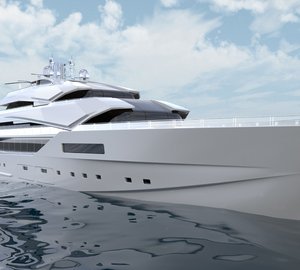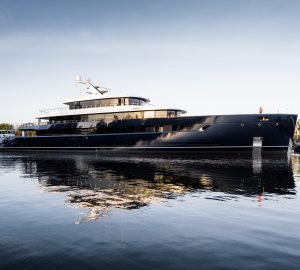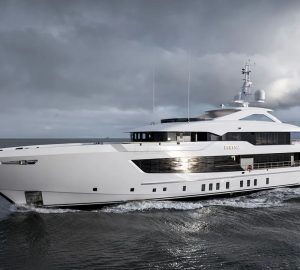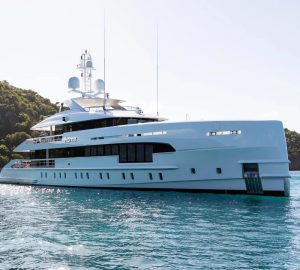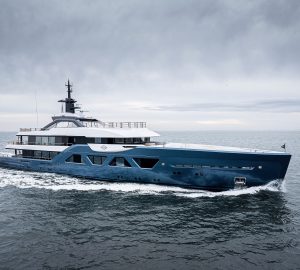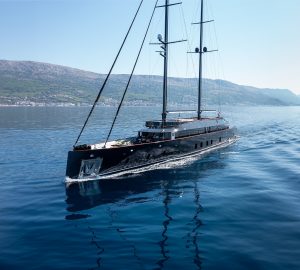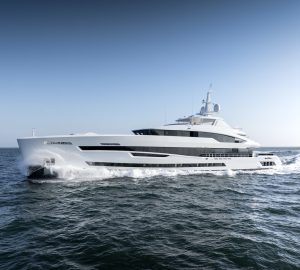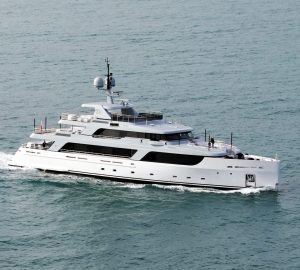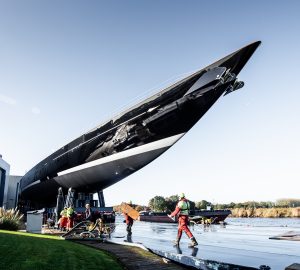Thrane & Thrane, the leading terminal manufacturer, will come with a paper during the Satellite and Content Delivery Conference & Expo (SATCON 2011) in New York, USA analyzing the evolution in the connection between Mobile (MSS) and Fixed Satellite Services (FSS) within the maritime industries. The paper makes a part of the Competition in mobility services: MSS and FSS operators go head to head session and will be introduced by Christian Kock, VP Americas, Thrane & Thrane at 13:00 on Thursday 13th October.
“Maritime satcoms is going through a game-changing period,” comments Kock. “With the growing availability of VSAT services and the established support for Inmarsat FleetBroadband, there is increasing choice for ship-owners and operators when specifying communications solutions for vessels and platforms, so it’s important that as an industry, we present our offering in a transparent way.”
Thrane & Thrane is already established as the leading Inmarsat FleetBroadband terminal manufacturer, having shipped 20,000 SAILOR FleetBroadband systems since the service launch in November 2007. In 2010, the company has also established a presence in the world of maritime VSAT, with the introduction of SAILOR 900 VSAT, a Ku-band terminal that addresses some of the core maritime VSAT challenges, greatly simplifying procurement and installation.
“Both MSS and FSS have clear benefits and as a manufacturer of FleetBroadband and VSAT terminals we are well positioned to support the industry as technology and service provision changes at a rapid pace,” continues Kock. “Both technologies have their place aboard commercial and offshore vessels depending on where they are operating and what applications they will be used for.”
A key factor in the on-going MSS/FSS debate is Inmarsat’s decision to enter the VSAT market as a service provider. The forthcoming Inmarsat Global Xpress Ka-band service is adding yet more choice for the maritime industry and Thrane & Thrane’s position as a launch manufacturer for the service will ensure the availability of high quality terminals equipped to harness the benefits of the new service.
“Global Xpress has the potential to enable some consolidation of choice for ship-owners and operators. Many vessels will sail with just a single service on board but a large proportion of vessels will benefit from closely integrated packages featuring FleetBroadband, traditional VSAT and Ka-band antennas for Inmarsat’s new GX services,” says Kock. “The goal as a terminal manufacturer is to ensure that high quality equipment is available for all of these services in addition to enabling the seamless integration between them so that vessels benefit from continuous high bandwidth wherever they are.”
“It’s unlikely that the competition between MSS and FSS will see a single system become victorious. It will however spur technology companies and service providers to create solutions that will benefit customers in terms of lower equipment and airtime costs, increased bandwidth and improved crew welfare and operational possibilities. So in that sense, the competition between MSS and FSS is entirely healthy,” concludes Kock.
To find out more about Thrane & Thrane’s portfolio of satellite terminals for use on land, at sea and in the air, visit the company on booth #437 at SATCON 2011.

